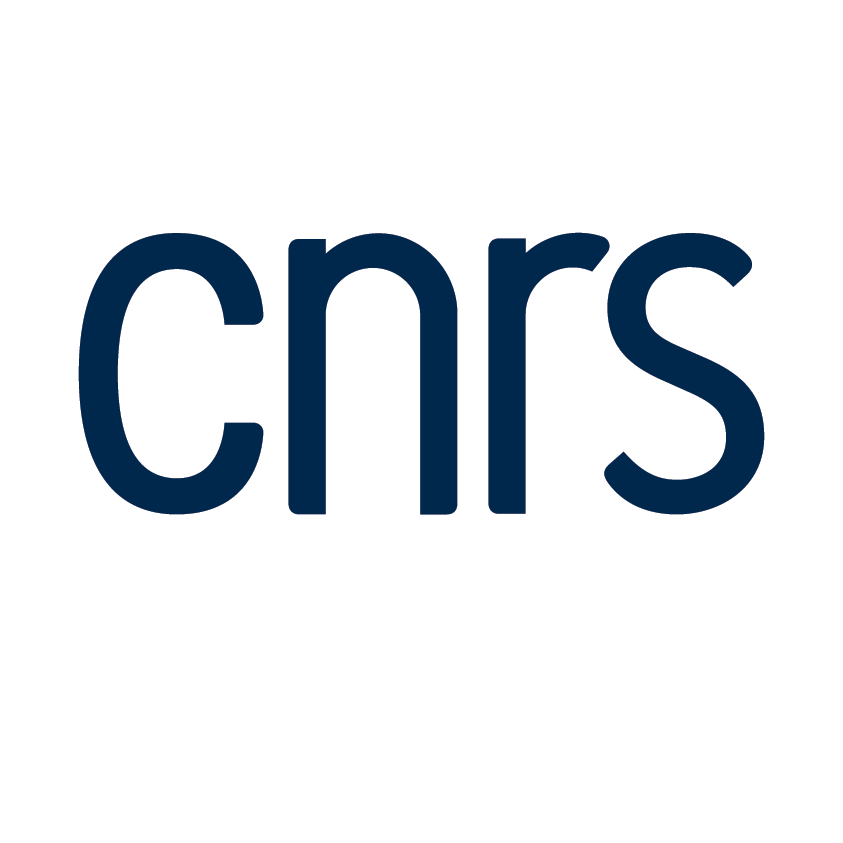Retour
Séminaire de Calcul Scientifique et Modélisation
Multi-agent Cooperative Dynamical Systems: Theory and Numerical Simulations.
Claudio Canuto
( Dipartimento di Matematica, Politecnico di Torino )Salle de Conférences
le 08 juillet 2010 à 11:00
We are witnessing an increasing interest for cooperative dynamical systems proposed in the recent literature as possible models for opinion dynamics in social and economic networks. Mathematically, they consist of a large number, , of `agents' evolving according to quite simple dynamical systems coupled in according to some `locality' constraint. Each agent maintains a time function representing the `opinion', the `belief' it has on something. As time elapses, agent interacts with neighbor agents and modifies its opinion by averaging it with the one of its neighbors. A critical issue is the way `locality' is modelled and interaction takes place. In Krause's model each agent can see the opinion of all the others but averages with only those which are within a threshold from its current opinion. The main interest for these models is for quite large. Mathematically, this means that one takes the limit for . We adopt an Eulerian approach, moving focus from opinions of various agents to distributions of opinions. This leads to a sort of master equation which is a PDE in the space of probabily measures; it can be analyzed by the techniques of Transportation Theory, which extends in a very powerful way the Theory of Conservation Laws. Our Eulerian approach also gives rise to a natural numerical algorithm based on the `push forward' scheme, which allows one to perform numerical simulations with complexity independent on the number of agents, and in a genuinely multi-dimensional manner. This is a joint work with Fabio Fagnani and Paolo Tilli.




